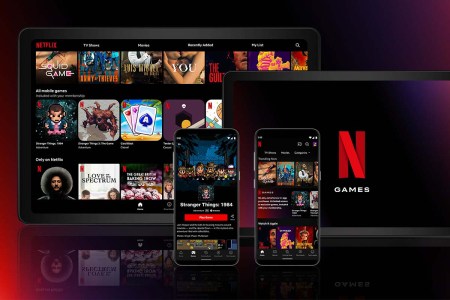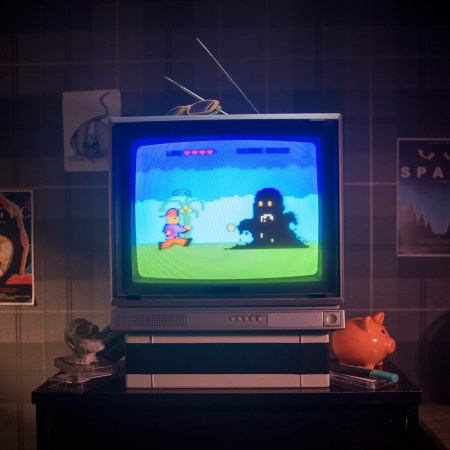In 2024, it’s not remotely out of the ordinary to have a deep friendship with someone you’ve met online who you might never have met in the flesh. At its best, this can lead to unexpected connections and rewarding conversations with people who you might never have encountered a generation or two before. At its worst, though, it can lead to fraud. Perhaps the most prominent example of this transpired a decade ago, when football player Manti Te’o learned that the tragic death of his girlfriend had never happened, because she never existed.
This is far from the only case of a nonexistent person causing confusion online; the show Catfish — which follows a documentary of the same name — has run on MTV for nine seasons. And screenwriter Josh Olson’s “The Life and Death of Jesse James,” published in 2007, now reads like an unsettling precursor to the years that follow. And now, the video gaming world seems to be on the verge of its own scandal involving one — and possibly more than one — prominent personality.
In an investigation published at IGN, Grant Stoner reckoned with a very serious question: whether or not a prominent advocate for disability access in video games may never have existed. At the center of the investigation is a Deaf gamer and advocate named Susan Banks, who — according to her partner Coty Craven — died in 2019. Since then, things have grown more complicated. “[M]ounting evidence and accounts from those close to her work suggest that she was not the person she claimed to be,” Stoner wrote. “In fact, some are convinced that Banks may never have existed at all.”
As Stoner recounts, the people who interviewed Banks for news stories communicated with her via Craven. On its own, that Banks communicated with journalists via a third party isn’t terribly suspicious. In tandem with some of the other details in the article — including that a hospital where Banks underwent major surgery had no record of her being a patient there — it starts to read like more of a pattern.
Netflix Is Betting Big on Gaming. Here’s What That Means.
The streaming giant just acquired its third gaming studio after debuting a line of free mobile games in NovemberThere’s also the matter of two other women Craven has been in public relationships with since 2019, where there’s also a pattern of nominally verifiable details — including therapeutic licenses and the obituary of a family member — that were unable to be verified. As Stoner writes, Craven has deleted a number of his social media accounts since learning of the IGN investigation, which also raises some questions.
The work that Baker did has, by Stoner’s account, been positive for disabled representation in the gaming world. “From awards, to recognition, to funds shared for alleged partners, Craven has cemented himself as an authority within the accessibility space,” Stoner wrote. That there may have been a long-term and complex case of fraud at the heart of years’ worth of work complicates matters tremendously — and gives a community plenty to reckon with.
This article was featured in the InsideHook newsletter. Sign up now.



















